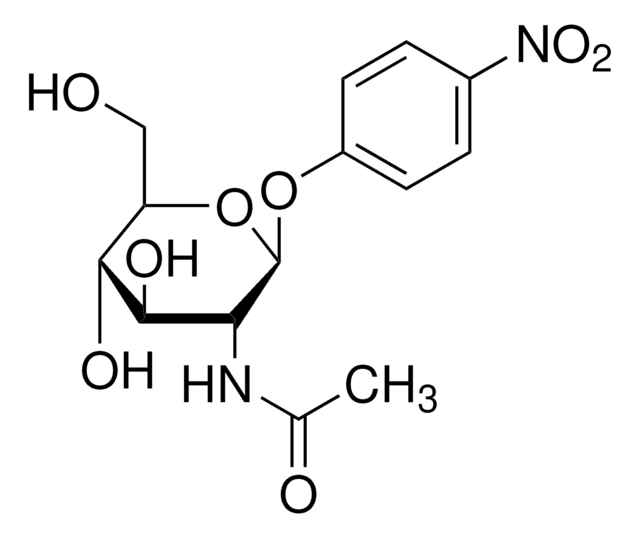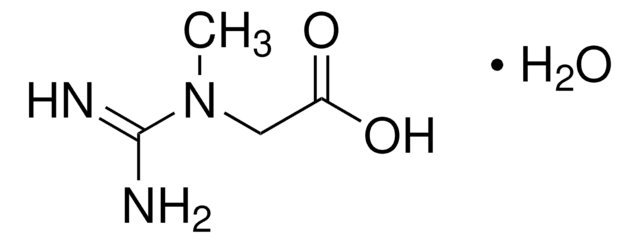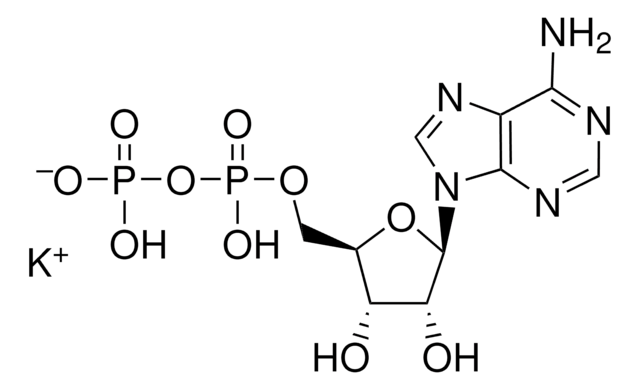M0895
MES potassium salt
≥99% (titration)
Synonym(s):
2-(N-Morpholino)ethanesulfonic acid potassium salt, 4-Morpholineethanesulfonic acid potassium salt
About This Item
Recommended Products
Quality Level
Assay
≥99% (titration)
form
crystalline powder
useful pH range
5.5-6.7
pKa
6.1
solubility
water: 0.33 g/mL, clear, colorless
SMILES string
[K+].[O-]S(=O)(=O)CCN1CCOCC1
InChI
1S/C6H13NO4S.K/c8-12(9,10)6-3-7-1-4-11-5-2-7;/h1-6H2,(H,8,9,10);/q;+1/p-1
InChI key
IMFIKFZWLAWMQE-UHFFFAOYSA-M
Looking for similar products? Visit Product Comparison Guide
Related Categories
Application
Biochem/physiol Actions
Storage Class Code
11 - Combustible Solids
WGK
WGK 3
Flash Point(F)
Not applicable
Flash Point(C)
Not applicable
Personal Protective Equipment
Certificates of Analysis (COA)
Search for Certificates of Analysis (COA) by entering the products Lot/Batch Number. Lot and Batch Numbers can be found on a product’s label following the words ‘Lot’ or ‘Batch’.
Already Own This Product?
Find documentation for the products that you have recently purchased in the Document Library.
Customers Also Viewed
Our team of scientists has experience in all areas of research including Life Science, Material Science, Chemical Synthesis, Chromatography, Analytical and many others.
Contact Technical Service















